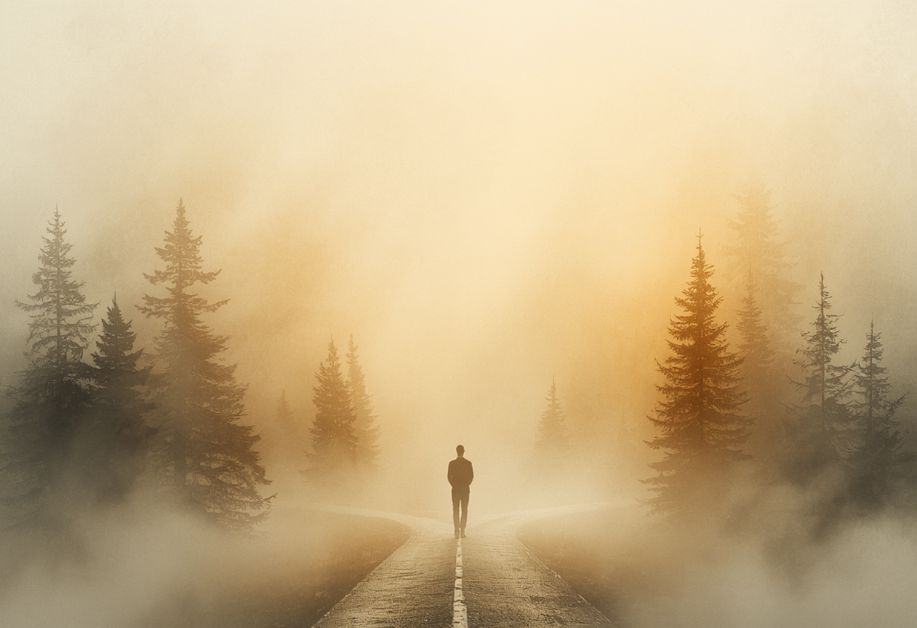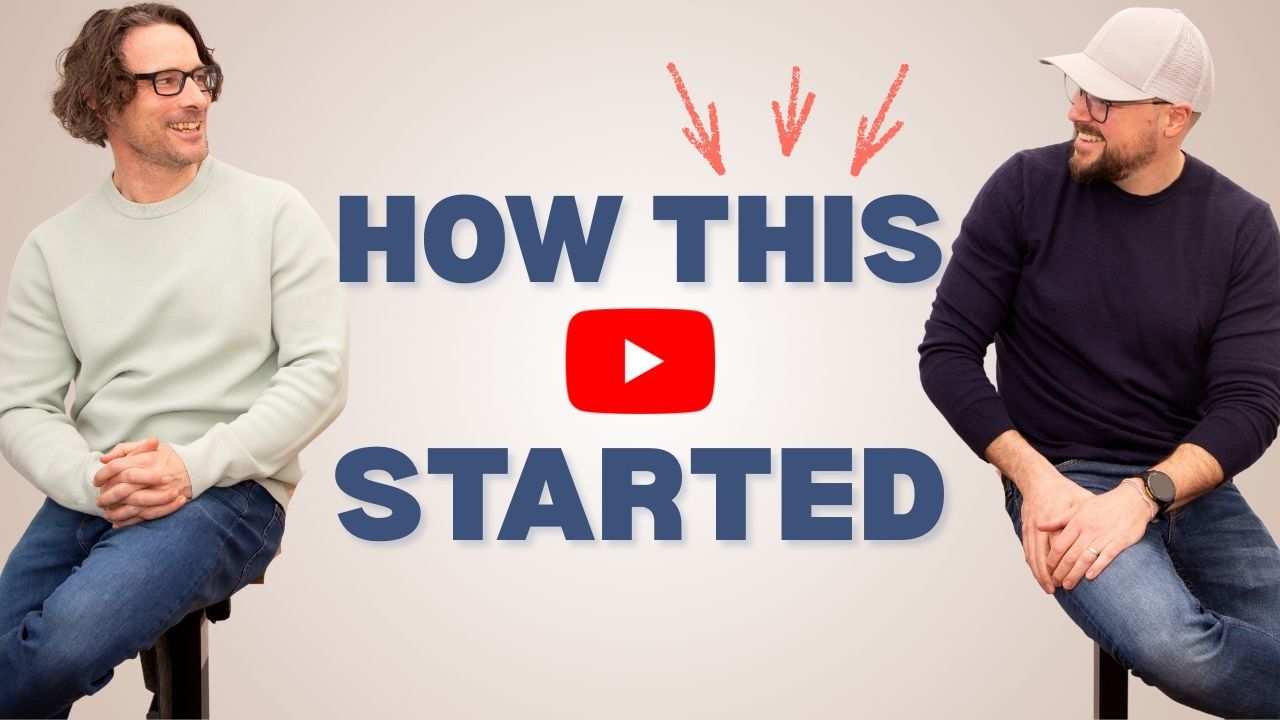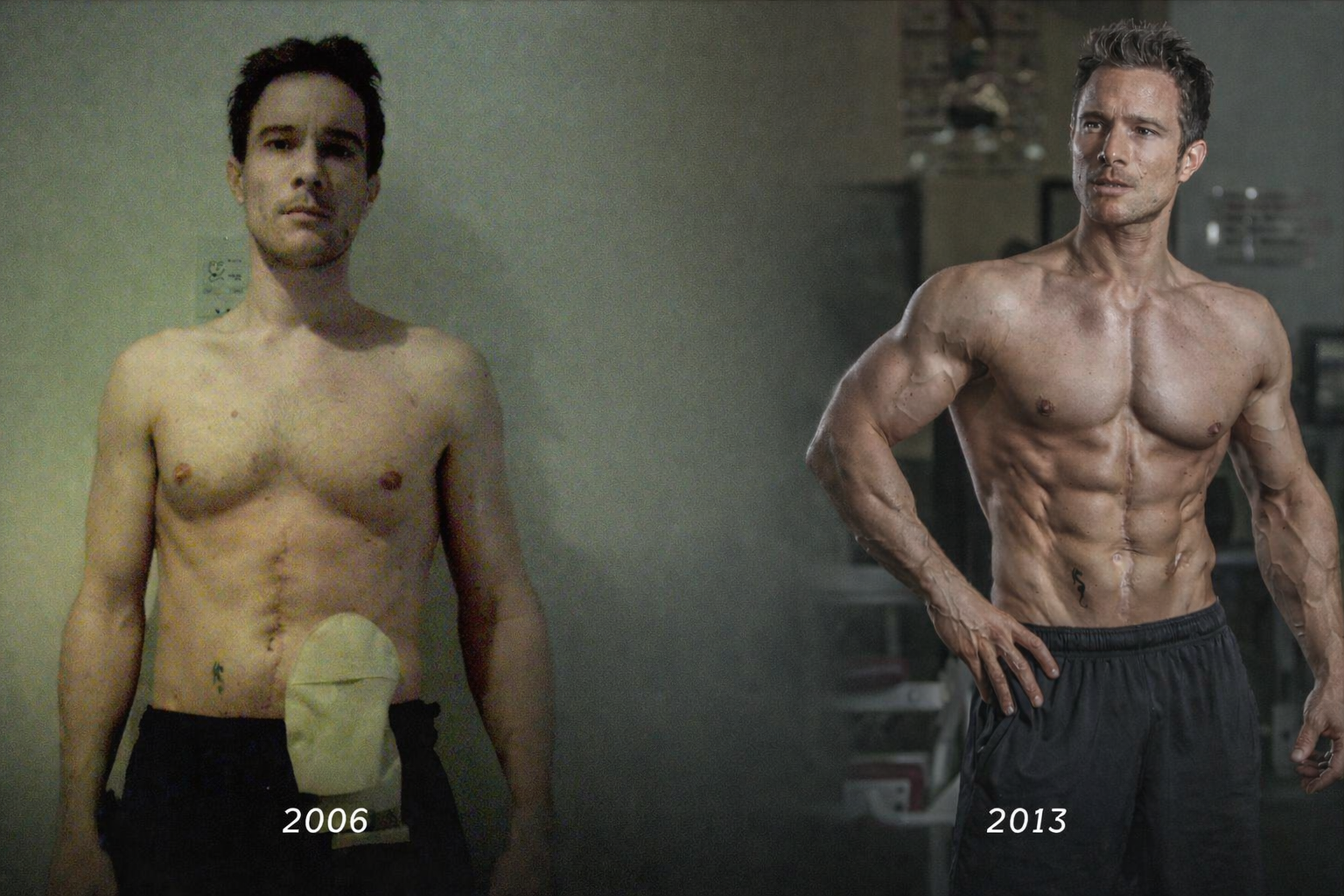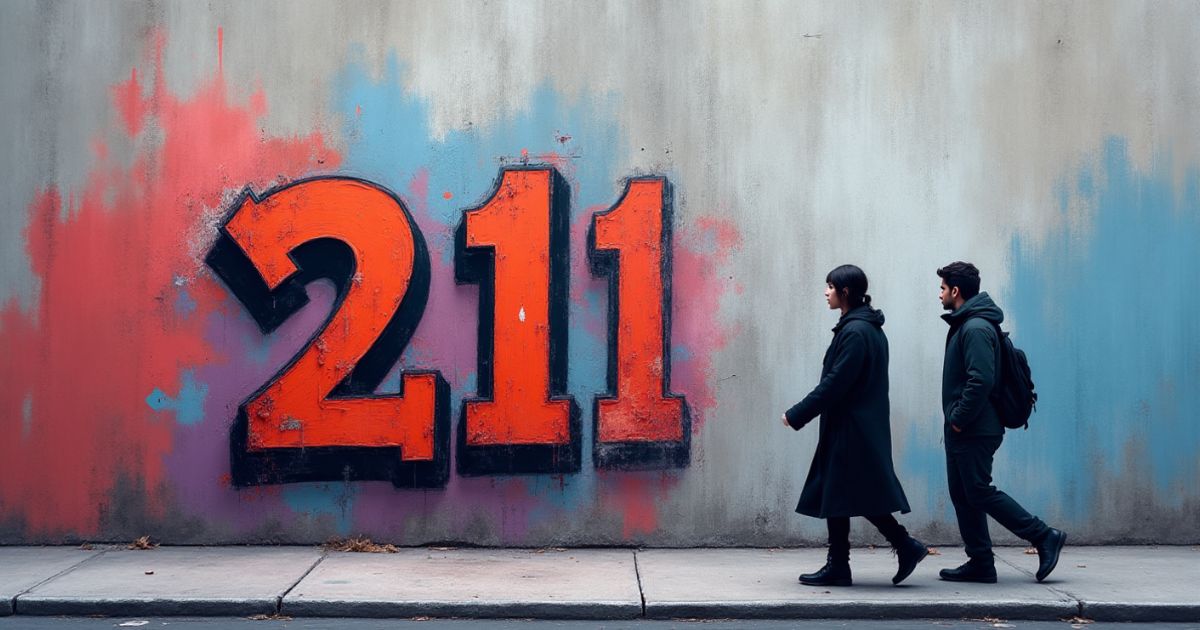I’ve become increasingly aware of my social media addiction recently, which shows up in the various forms of distractions. Such as an inability to watch a film, programme or video without reaching for my phone at regular intervals, especially during moments of anticipation, anxiety and or excitement.
I’ve also noticed that when I post something on social media I feel an increase in the urge to check my accounts to get my fix, to cook up and inject the likes and validation into my blood stream.
Just like other addictive behaviours the longer you go between fixes, the less of a pull you feel towards your drug of choice.
So what’s the answer?
When we respond to life circumstances, situations, relationships in a calm and measured way it feels good because we maintain our inner peace and balance and we feel free but when we find ourselves reacting unconsciously to something it takes control of us and upsets our inner equilibrium.
I know when this happens to me it frustrates me not because I’ve reacted but that something outside of me has enslaved me to the point where I am unable to consciously control my own actions.
What fascinated me was that my social media addiction is reactionary, and all addictions share the same underlying drive, the need for a hit of Dopamine, the neurotransmitter released in the brain when we put our foot on the ‘pleasure pedal’ but that diminishes with each consecutive ‘hit’ and thus creates a ‘pleasure cycle of distraction’ that can be hard to climb out of.
It wasn’t until I read the book ‘Dopamine Nation’ recently that I realised that pleasure and pain are on two sides of the same scale and that dopamine is also released after pain as well as pleasure.
The more continued pleasure we seek and experience the greater the pain on the downside and the more pain we experience, the greater the pleasure on the upside. (this is a very basic summary of the process)
Plus the dopamine high we experience after inducing pain or discomfort is much more long lasting that from pure pleasure seeking and tends to taper off gradually rather than the more sudden drop in dopamine when pleasure is the soul driver of our behaviour.
This is why remedies such as exercise, cold showers and ice baths can be effective at helping to reset dopamine centres, and the reason why you feel so good after going through a challenging and uncomfortable experience.
I’ve observed when drinking Ayahuasca that whether you have a beautifully enlightening experience full of joy or a painfully, challenging and dark journey, I come out the other side still with the same level of awe, wonder and gratitude, even more so after the difficult journeys.
This is why I have come to ‘enjoy’ public speaking or stepping out of my comfort zone because the buzz I get after the event is over is incredibly satisfying.
It was also the reason that I was so upset on Day 8 of my 10 Day Vipassana Retreat in March 2020 when it was cancelled because of the imminent pandemic lockdowns. I felt that I had been robbed of the high that was going to come after 10 very challenging days of silence and meditation. Even though there was still a profound sense of euphoria after 8 days.
Be warned, pain can also be addictive!
Social Media Addiction
With our phones and social media becoming such an integral part of our lives it has become really difficult to put down this drug because it weaves it’s way back into our lives under many different guises.
As of 2024, the phenomenon of social media addiction has reached alarming levels. Estimates suggest that between 16 to 33 million Americans struggle with this addiction. About 30% of Americans self-identify as addicted to social media, and this figure jumps to 40% among users aged 18 to 22.
What helped me was realising that I wanted to be a creator not a consumer, I want to use social media to create inspiring content, and I don’t want to use it to unconsciously consume content, that doesn’t fulfil me and can lead to other reactionary and stimulatory behaviours.
There’s no way around it abstinence is essential in order to reset the neural pathways and habitual reactivity, a decent period of time such as a month where you stay clear of your chosen vice is required.
I have since deleted all social media apps off my phone apart from YouTube as I prefer to use YouTube in the evenings watching long form content on my laptop, it’s the short form trashy stuff I’m trying to avoid consuming, so Instagram, Twitter and TikTok are a no no for me.
What is interesting though is how my YouTube consumption has gone up. You remove one thing and your mind is looking for something else to replace that fix but at least there’s less ‘doom scrolling’ with YouTube.
Now I only check my social media accounts using my laptop and download the app only to make posts, removing it afterwards, this creates a resistance and barrier for ease of consumption, and I am already noticing how less satisfying it is to check your accounts on a laptop as opposed to the black mirrored nemesis!
I’m picking up my phone less, there’s still this inbuilt habit wanting to pick it up which is slowly diminishing when I realise there is nothing to check and it is gradually changing back to a communication and listening device for friends, family, clients, Spotify, podcasts and audible.
I feel calmer, less reactive and I am already finding it easier to sit and watch films and videos with focussed attention.
It is crazy that something so seemingly innocent needs such restrictive measures but if you add up the amount of time every day the pull of your phone or social media scrolling interferes with your focus, you will see that it will ultimately impact how you show up and take part in the world around you,
And the greatest benefit I’m feeling above all is FREEDOM, to not feel enslaved by something external to me.
This feeling of freedom has created space, and in that space I am able to take my time and respond rather than feeling the need to react in a frenzy to social media addiction.
Inner peace has been achieved, for now….to be continued.
Having problems with addictive behaviours?
If you’re having problems with addictive behaviours then Hypnotherapy could help you.






